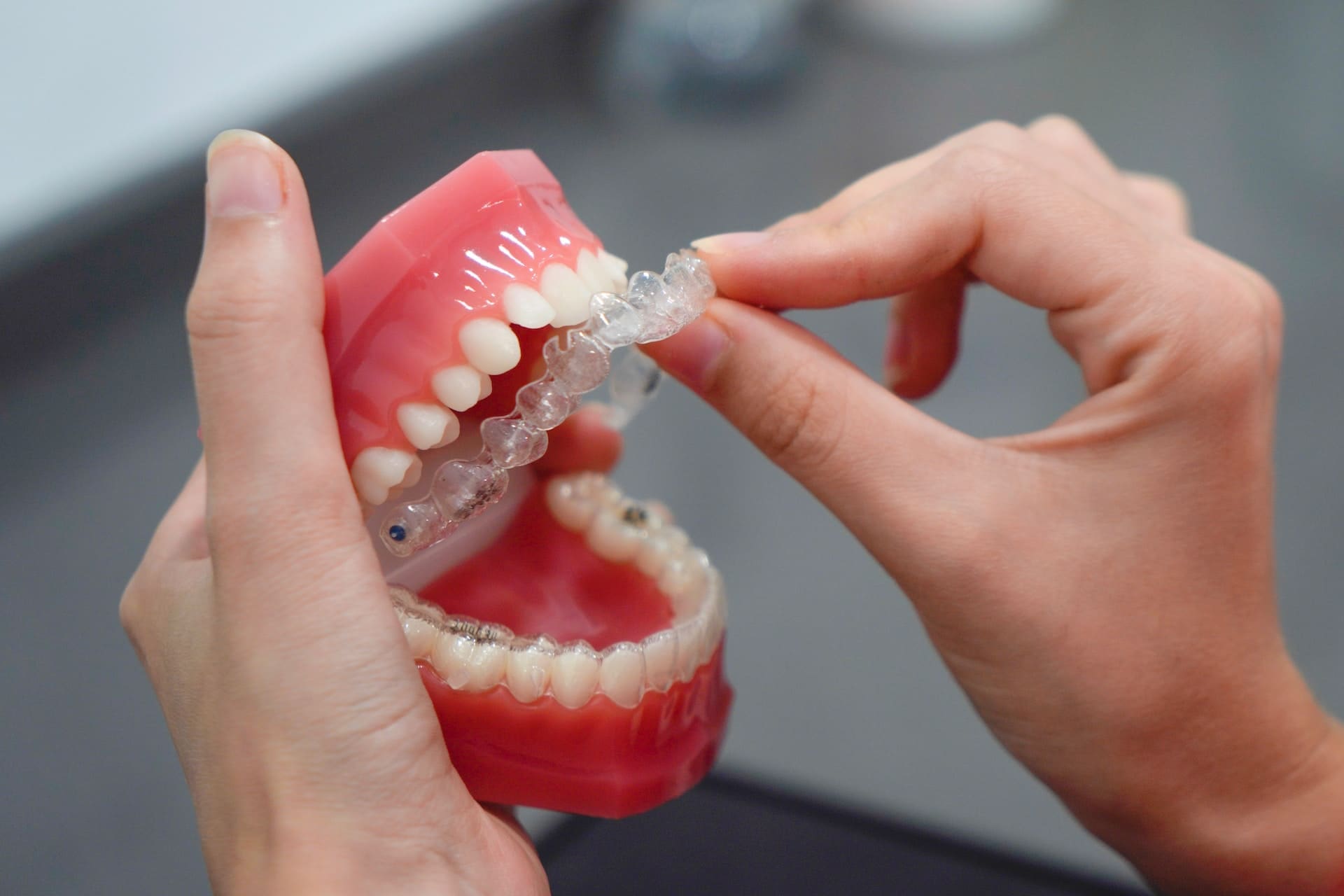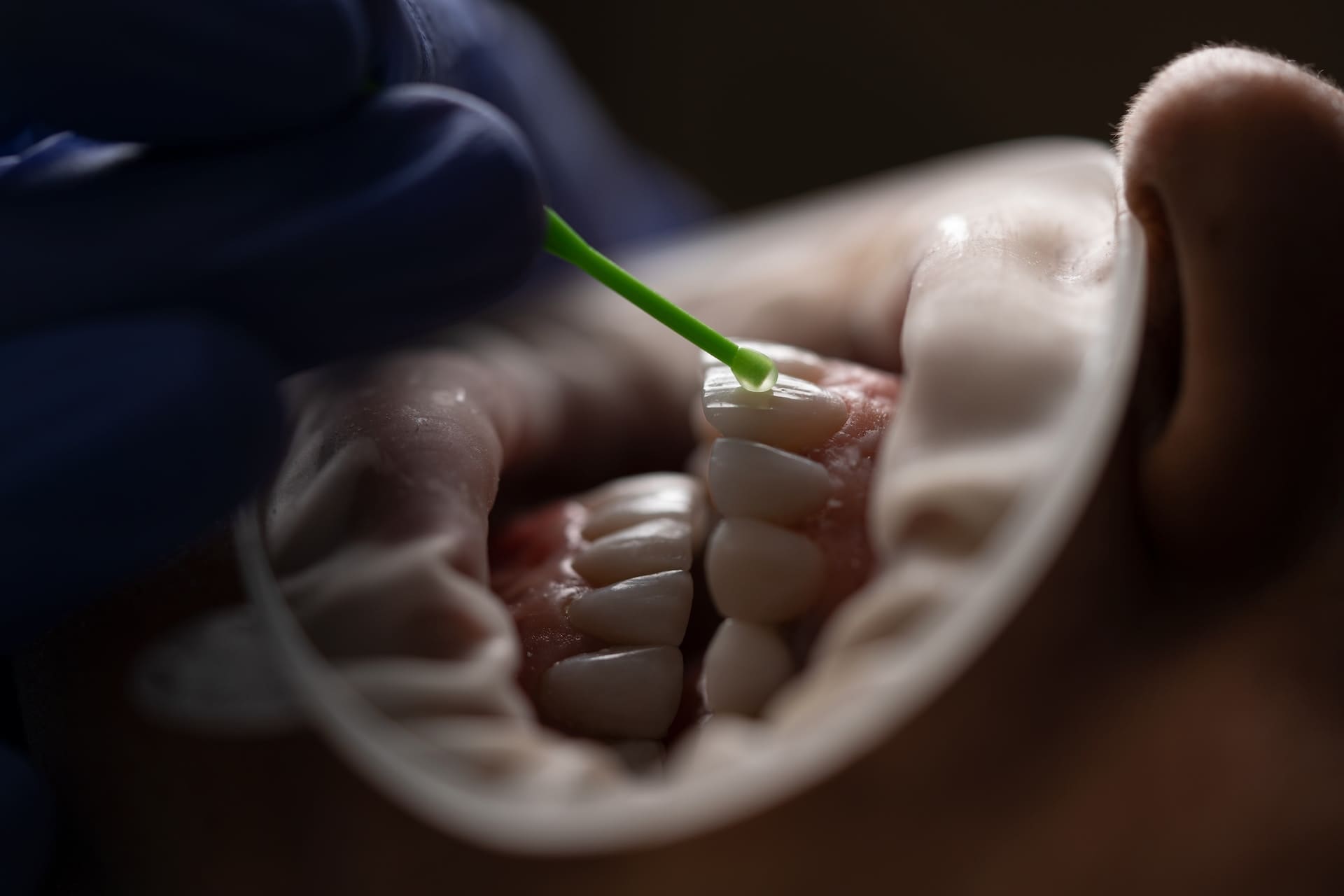The Unrivaled Benefits of Dental Implants
Dental implants offer several benefits unmatched by other tooth replacement options, making them the leading choice for an increasing number of patients. Some notable advantages include the following:- Natural Function and Aesthetics: Dental implants mimic the anatomy of natural teeth, providing superior stability and comfort. Since they’re anchored within the jawbone, they function almost identically to your natural teeth. Furthermore, the dental crowns attached to the implants can be custom-designed to match the color, shape, and size of your surrounding teeth, ensuring a seamless integration with your smile.
- Preservation of Jawbone and Facial Structure: Tooth loss can lead to jawbone deterioration due to lack of stimulation from the missing tooth root. Dental implants help prevent bone loss by acting as an artificial tooth root, stimulating the jawbone and maintaining its integrity. This helps preserve your facial structure and prevent the sagging or sunken facial appearance that can accompany long-term tooth loss.
- Durability and Longevity: Dental implants are considered a long-lasting and durable tooth replacement solution. With proper care and maintenance, they can last upwards of 20 years or even a lifetime. While the initial investment may be higher than other options, their longevity and low maintenance make them a cost-effective choice in the long run.
- No Impact on Adjacent Teeth: Unlike dental bridges, dental implants do not require altering or grinding down healthy adjacent teeth for support. This ensures that your healthy teeth remain intact and your overall oral health is not compromised.
The Dental Implant Process
The dental implant journey typically takes place over several months and involves multiple steps. While every case is unique, here is a general overview of the dental implant process:- Initial Consultation: During your initial consultation at Weston Dental Specialists Group, our dental experts will perform a thorough evaluation of your oral health, take X-rays, and discuss your tooth replacement goals. If dental implants are deemed a suitable option for you, a personalized treatment plan will be created.
- Implant Placement: The vital step of implant placement involves surgically inserting the titanium post into your jawbone. Depending on your specifics, this may be done in one or two stages. If a two-stage process is needed, the first involves placing the implant into the jawbone and allowing it to heal, while the second stage entails attaching an abutment to the implant.
- Osseointegration: Following implant placement, the jawbone will gradually fuse with the titanium post in a process called osseointegration. This generally takes two to six months and is crucial for creating a strong and stable foundation for the artificial tooth.
- Dental Crown Placement: Once osseointegration is complete and the implant site has fully healed, our dental specialists will take impressions of your mouth and fabricate a custom dental crown to attach to the implant. This dental crown will seamlessly match the appearance of your natural teeth, ensuring a natural-looking and cohesive smile.
Caring for Your Dental Implant
To ensure the longevity of your dental implants, it’s essential to practice good oral hygiene and seek regular dental care:- Brush your teeth at least twice a day using a soft-bristled toothbrush and fluoride toothpaste.
- Floss daily between teeth and around the implant to prevent plaque buildup.
- Invest in a quality water flosser or interdental brush to clean hard-to-reach areas around the implant effectively.
- Schedule routine dental checkups and cleanings every six months to monitor the health of your implant and remaining natural teeth.











